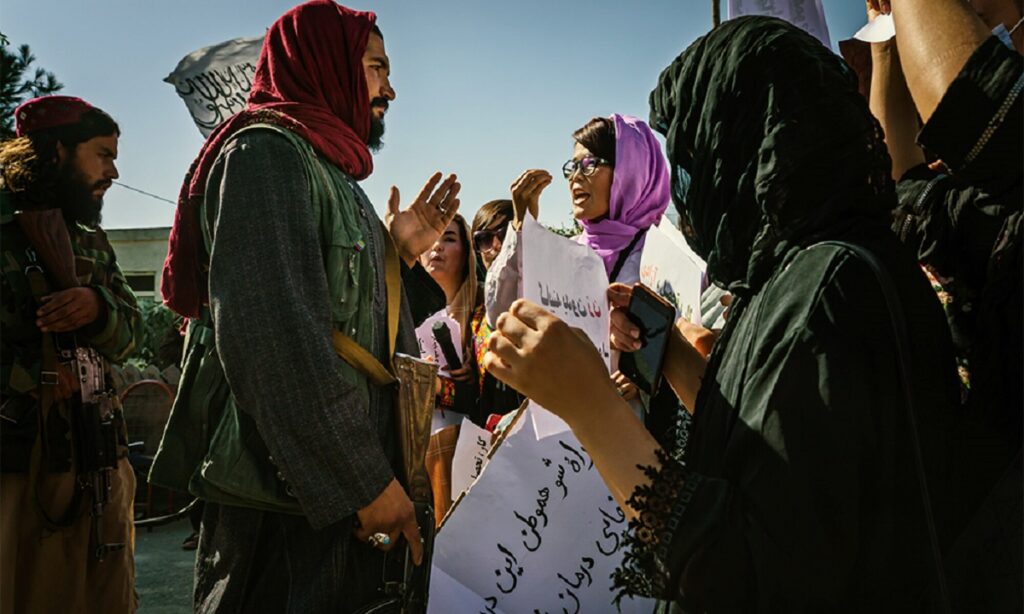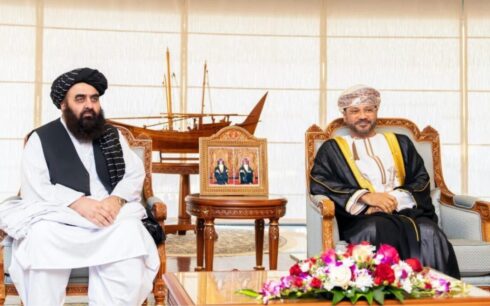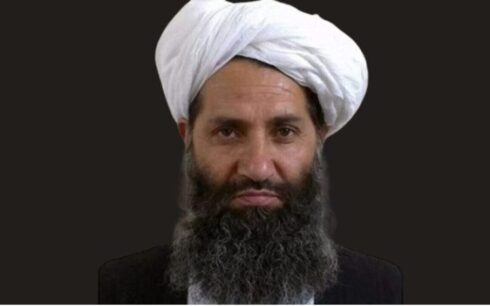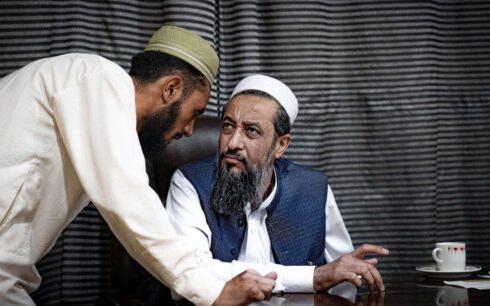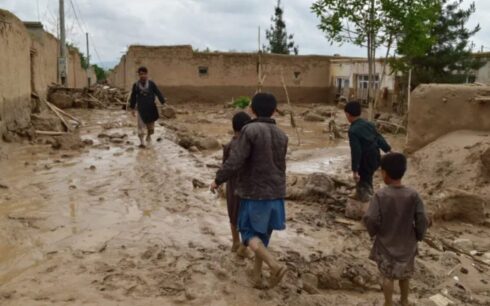The status of women in Afghanistan will be a key topic at the 68th session of the Commission on the Status of Women (CSW), starting March 11 for an 11-day conference at the United Nations headquarters in New York.
The session’s agenda includes three dedicated discussions on Afghan women, focusing on “Crimes Against Humanity in Afghanistan with a Gender Lens: Strengthening Global Coordination,” “Afghan Women Journalists Under the Taliban,” and “No Poverty Eradication without the Empowerment of Women and Girls – Next Steps for the Future of Afghanistan.”
Human rights organizations have reported worsening conditions for women and girls in Afghanistan under increasing Taliban restrictions. Richard Bennett, the UN special rapporteur for Afghanistan, recently underscored the dire human rights situation in his report.
Some Afghans have expressed support for the CSW’s focus on Afghanistan, emphasizing the need for international recognition of their countrywomen’s plight. “The rights of women and girls are suppressed in Afghanistan. Schools and universities are closed for girls; women cannot work or participate in government. All restrictions should be lifted,” said a Kabul resident to Amu news.
Echoing these sentiments, another Kabul resident urged international forums to prioritize women’s rights, including access to education, employment, and government participation.
Since regaining control in August 2021, the Taliban has arrested and mistreated numerous women’s rights activists and journalists, including women’s rights defender Manizha Sediqi. Recent UN reports have raised alarms over detentions of women and girls for alleged “bad hijab” infractions.
Women’s rights activists are calling for the CSW and the international community to implement actionable plans to improve the situation for Afghan women and girls, advocating for their rights to education, work, and political participation.
Despite the Taliban’s dismissal of international concerns as propaganda, human rights advocates label the regime’s policies as “gender apartheid.”

